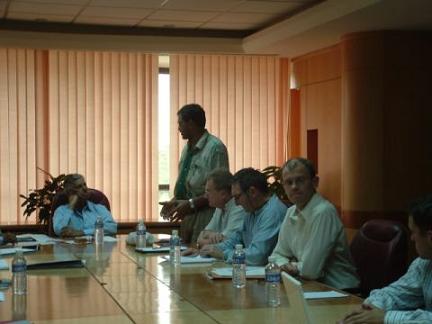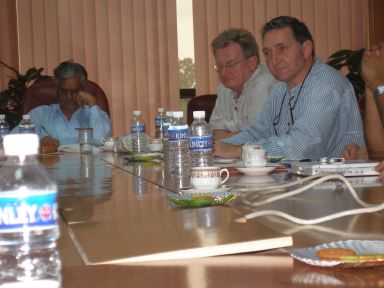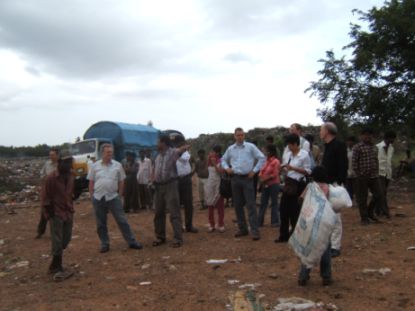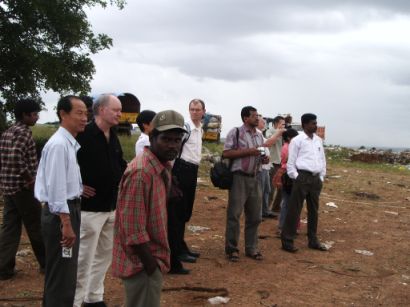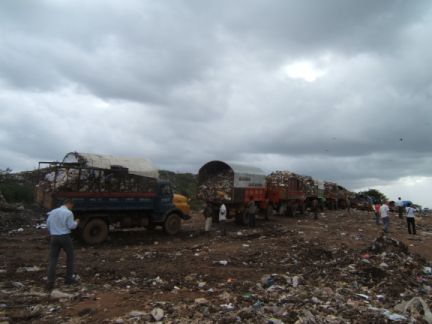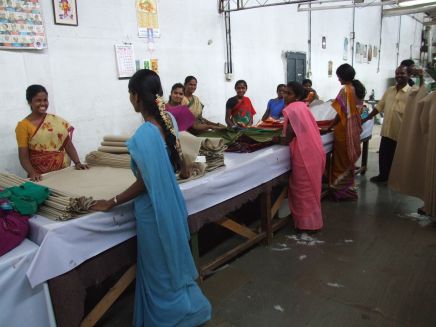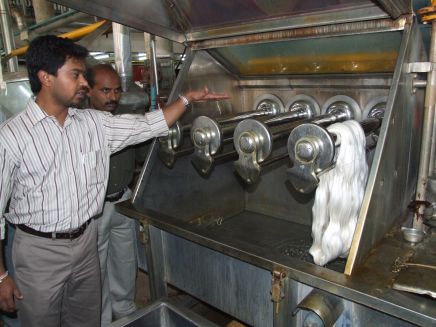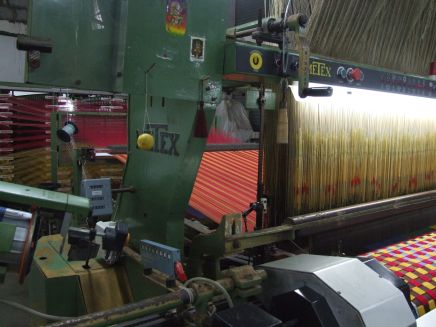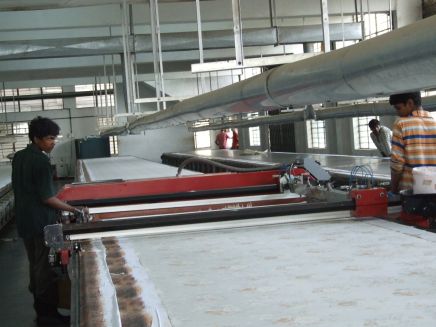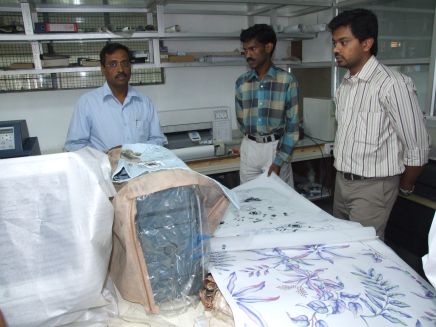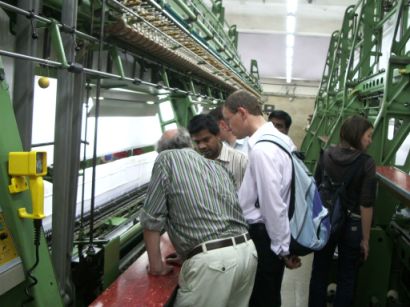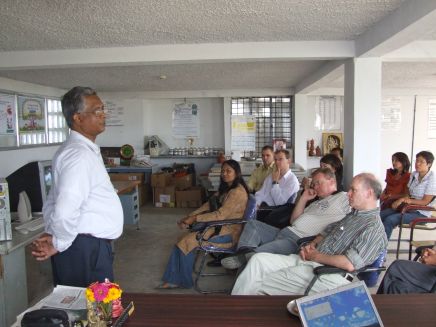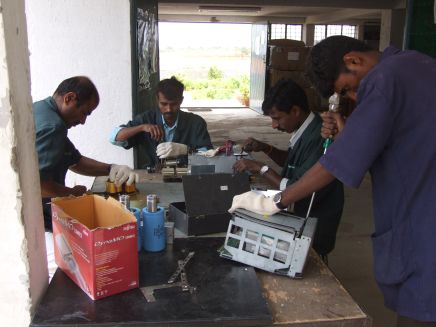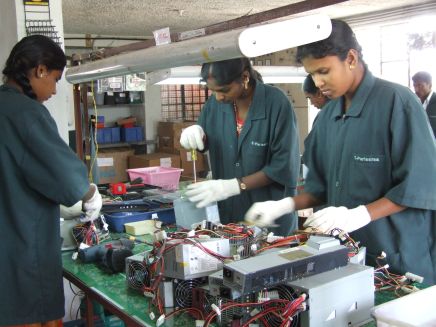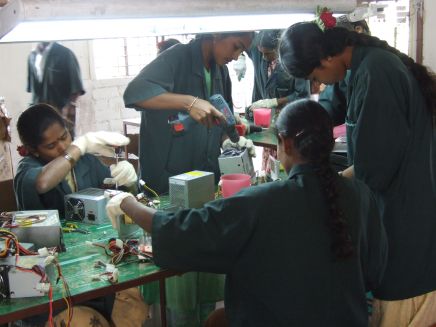SACODI: Development of Guidelines for Segregation, Collection and Safe Disposal of Hazardous waste
Background
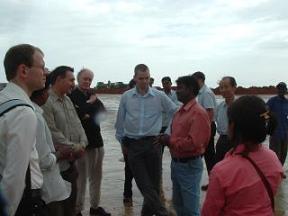
A European Union Asia Pro Eco funded project entitled: Development of Guidelines for Segregation, Collection and Safe Disposal of Hazardous waste (SACODI). This project was a collaborative effort with Technical University Dresden (Technische Universitat Dresden), Bremen University of Applied Sciences, Germany, Cardiff University, England and Can Tho University Vietnam.

During 2005-2006, project partners worked together to identify the diverse challenges to Hazardous Waste Management in an international comparative perspective, with particular focus on engaging with industry so that solutions developed are useful to them. A strong focus of this initiative has been to comparatively address the issue of appropriate technology choice and development and also in identifying good and cost effective practices. Further, a comparative documentation of the legal provisions regulating hazardous waste management in the participating countries has also been undertaken. The outcome of this collaborative work is of tremendous value and importance to students, researchers, civil society groups, resident welfare associations, regulatory authorities, government agencies and the public in general. The Project commenced with a kick off meeting in Vietnam, followed by a meeting in Dresden, Germany and concluded with a final Meeting in Bangalore, India.

The Vietnam meeting introduced the group to the project and the various tasks that lay ahead of the team. It also included site visits to Can Tho Medical waste incinerator, Song Hau mechanical Private Enterprise, Can Tho Chemical & Fertilizer Company, Tay Do Steel Company and Vu Nam Hai Mechanical Company. The meetings with Industrialists in Vietnam brought some important challenges in Hazardous waste management issues.
The Mid Term meeting in Dresden, Germany was an eye opener to the project partners to understand and learn from some of the best practices of Hazardous waste management. The site visits proved the efficiency of the Industries in planning, designing and managing the hazardous waste collection, segregation and safe disposal methods in Europe. The meeting included a wide variety of site visits and interaction with industry members.
The Final Meeting was in Bangalore when the findings of the research were shared and understood in great depth. The Final meeting also had site visits to some case studies, interaction with wide variety of industries, teachers, lecturers, students and the public.
Some of the materials that were designed as a result of the findings of the project are:
- Poster about dangers of hazardous waste
- Small brochure about basics of hazardous waste handling
- Guidelines for decision makers to give them practical information about current situation of hazardous waste handling, collection systems for hazardous waste disposal and treatment options
- Information and training pack for business to help them to understand the issue of dangerous and hazardous waste by safe handling of hazardous waste, ways to collect hazardous waste, reduction of the amount of hazardous waste
Images
